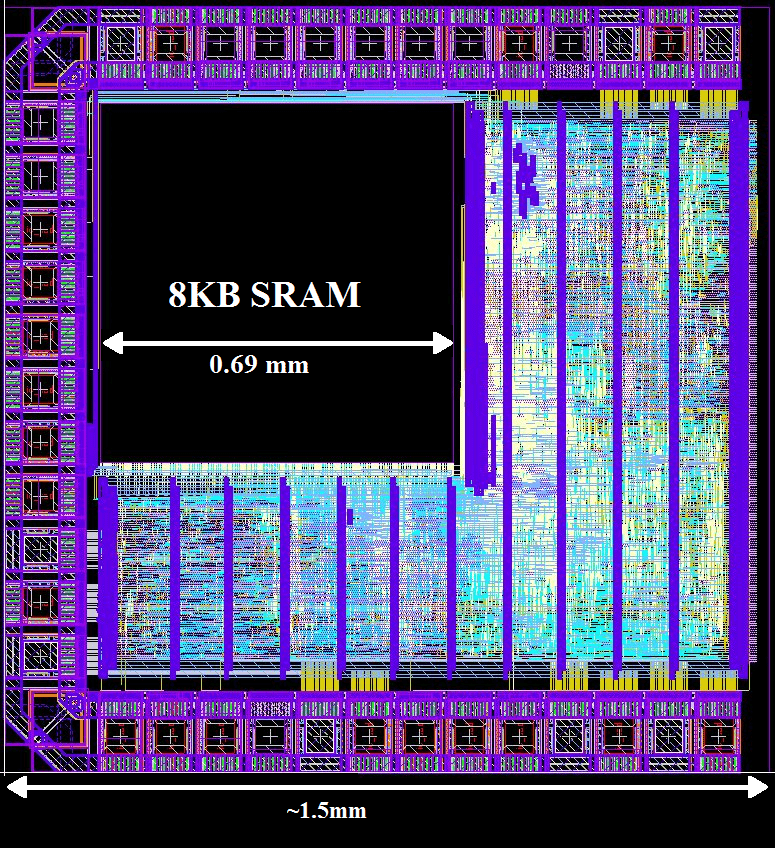You might have to squint to see this for yourself.
The Costa Rica Institute of Technology (TEC) has created the first RISC, 32-bit microcontroller completely designed and developed in the country, the Costa Rican Investment Board (CINDE) announced in a press release.
The microcontroller is named SIWA — a Cabécar word meaning “ancestral wisdom” — and is “an integrated electronic device in a 180-nanometer CMOS technology.” It was created at the DCILab of TEC’s Electronic Engineering School.
SIWA will be used in a microcircuit as part of a control unit for a cardiac stimulator, according to CINDE.
“This milestone not only proves the existence in Costa Rica of the necessary technological capacity to initiate joint developments in the microcircuits area with the country’s high-tech industry, but also lays the foundation for a national microelectronics industry,” said Alfonso Chacón, who works at TEC’s Electronic Engineering School, in a statement.
Developments like the Costa Rican microcontroller can be used in implantable medical devices to help monitor patient vitals. Medical technology can become more integrated, reliable and safe thanks to advancements like SIWA, CINDE says.
According to CINDE, seven of the world’s 10 largest cardiovascular companies have operations in Costa Rica.
“Costa Rica is a hub of medical technologies in Latin America, hosting global leaders in Life Sciences and Digital Technologies,” said Jorge Sequeira, Managing Director of CINDE. “This convergence enables the country to create and test new solutions, enhancing the development and performance of medical devices, which are already the country’s top export product, for US$3.3 billion in 2018.
“It is projected that these will grow at an annual rate of 15%, reaching US$5 billion in 2021.”
Read CINDE’s full press release here.






